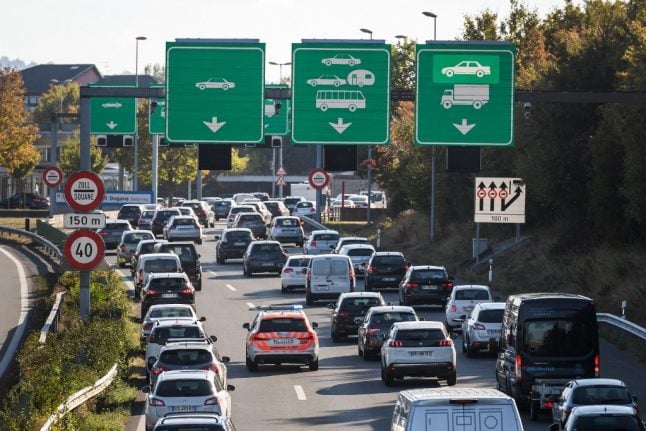A new law introduce 2019 made a certain level of integration a prerequisite for obtaining and retaining a Swiss permit.
That meant authorities could ask for proof of language proficiency.
While C permit applicants have been subject to language requirements in the past the 2019 law harmonized (minimum) language requirements throughout Switzerland for C-permit applications.
It also introduced language requirements for certain B-permit applicants, notably family members of non-EU nationals.
But since January 1st, C permit applicants and dependents of non-EU nationals applying for B permit applicants have been required to obtain certified language certificates from a government-accredited institution to prove that they have sufficient language skills to communicate with ease in at least one of the Swiss national languages.
The difference in 2020 is that throughout 2019 applicants were able to produce certificates from non-accredited language schools but since the start of the New Year the regulation has tightened. You can see the official list HERE.
READ ALSO: Are new language tests putting people off applying for Swiss citizenship?
The new requirement for certified language certificate is part of the revised Swiss Federal Act on Foreign Nationals and Integration, which was enacted on January 1st, 2019.
That law meant those dependents applying for B permit (which are long-term permits normally granted for stays exceeding 24 months) and those applying for C permits (permanent residence) would have to prove language efficiency.
Exceptions to the 2019 language proficiency requirement were made for those whose native language is German, French or Italian, as well as foreigners who have completed primary or secondary school in one of the three languages, even if the school was outside Switzerland.
Foreigners have been warned to allow for more time to complete language courses and obtain the necessary qualification when submitting residency applications.
The new rules were designed to harmonise the language requirements for residency across Switzerland rather than the previous situation where different cantons had different rules.
Those who fail to meet the language requirements have been warned they could face consequences for example C permit holders could lose their permanent residency status and have their permit downgraded to B, which would shorten the time they are allowed to remain in Switzerland.
They would also lose certain tax advantages and may have to wait five years before they reapply for a C permit.



 Please whitelist us to continue reading.
Please whitelist us to continue reading.
Member comments